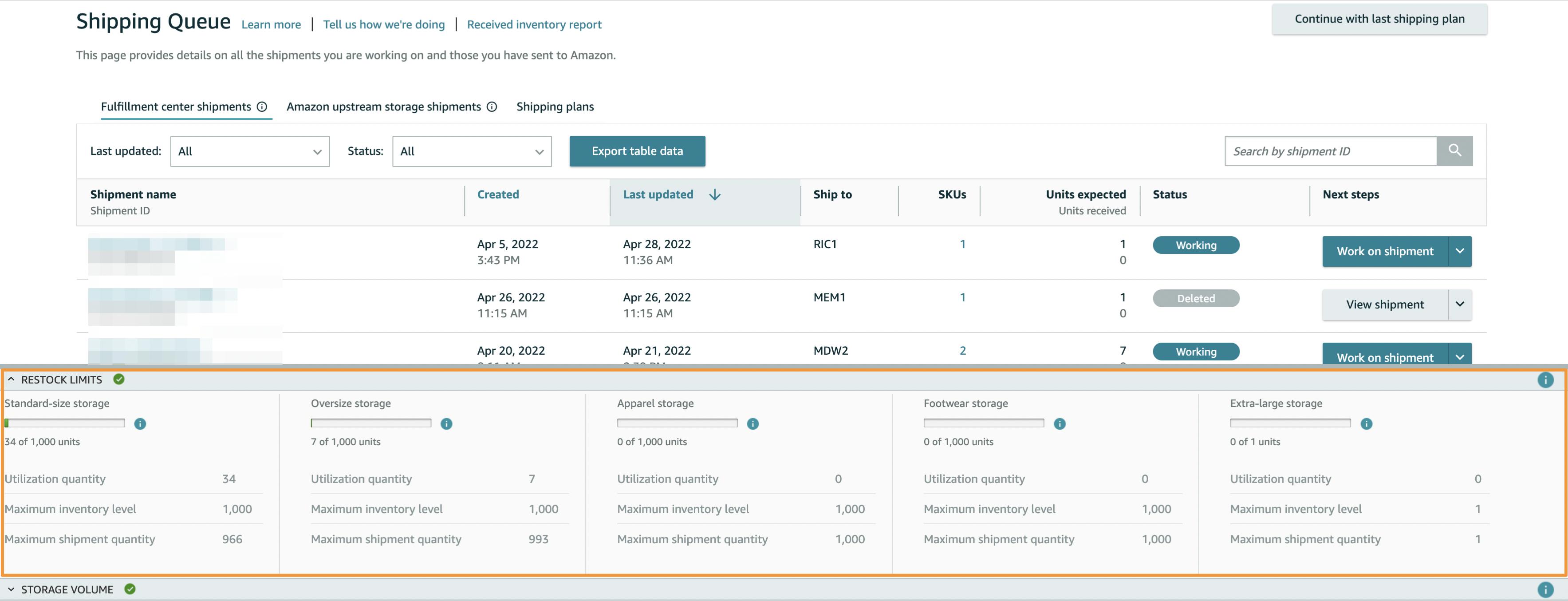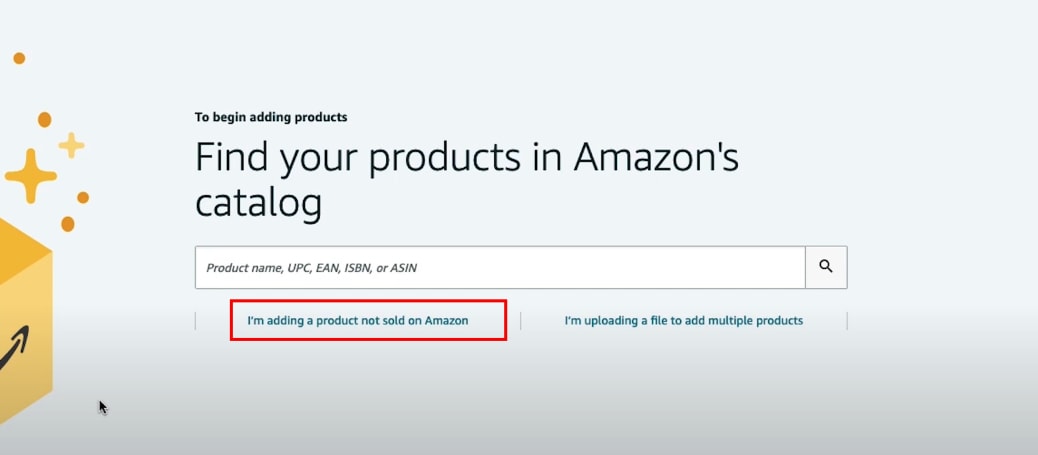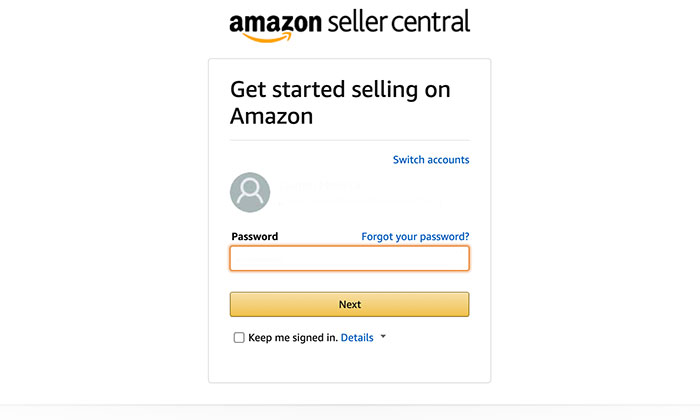
The best day to shop for groceries is either the day before or the following major sale. U.S. News and World Report says that while supermarkets announce their sale ads Wednesday, they will still honor items sold the week prior. Shopping midweek can help shoppers double their savings. Also, Sunday is the day that new coupons are released in the newspaper. If you plan to shop on a Sunday, you can expect to save the most money.
Wednesday
We're not the only ones who think Wednesday is the best time to grocery shop. As it turns out, 41 million people grocery shop on Wednesdays. Luckily, there are ways to make it easier on yourself. These tips can make grocery shopping easier. These tips will help you save time, money and stress. Keep reading for some great shopping opportunities that aren't as crowded.
If you can get there early enough, Wednesday mornings make the best day for grocery shopping. On Wednesdays, stores open earlier and shelves should be well-stocked. Freshly prepared bakery and deli foods will also be available. You will also find it easier to find what you are looking for in the stores than at other times of week.
Thursday
Thursday and Wednesday are the best days to visit the grocery store. The reason for this is that most supermarkets are less busy on these days. Weekends are busy and food prices can be high. Also, if you shop on a weekday, you can save money by purchasing items that are on sale.

About half of U.S. retailers will start weekly store specials on Wednesday. Also, many retailers will honor previous week's coupons. Wednesday evenings are the best day to shop for perishable goods such as bakery, produce, meat, and other foods.
Friday
It doesn't matter if you want to save money or get a good deal, knowing the day you should go to the grocery shop can save you lots of money. According to the Time Use Institute (Time Use Institute), 41 million Americans shop at grocery stores on Saturday. You'll be able get the best deals, stock up on essentials, and not have to crowd the store.
Wednesday is the best shopping day, regardless of whether you're looking for fresh fruit or frozen food. Grocery stores offer weekly discounts on Wednesday, and the store is less crowded than on weekends. Wednesdays are a great day to save 38% on footwear and children's clothes.
Sunday
The majority of people purchase their grocery bulk on weekends. This allows for more space in grocery stores. However, it doesn't mean that you should stay home on the weekend. Instead, go to the market early in the morning. You will be able to get fresher produce, better-stocked shelves and a quieter atmosphere. Also, after taking B-level holidays, stores will offer significant discounts on holiday foods.
Wednesday is another day that's great for grocery shopping. Many grocery stores offer weekly discounts on Wednesdays. There are also fewer people shopping on Wednesdays than there are weekends so you'll get more deals. For example, you can save up to 40% on shoes and kids' clothing on Wednesdays.

Monday
Early in the morning is the best time for grocery shopping. Google Maps data shows that grocery stores are less busy in the early morning hours. It's also safer to shop at the store in this time of day, since you will not be surrounded by people with COVID-19 and are more likely to make contact with them. It all depends on your personal preferences and how you live. Monday might be the best day for you.
There are many things that are cheaper Mondays than groceries. You may also be able to receive discounts on personal-care products. Many large drugstores give away deodorant or toothpaste for free. Mondays are also a good day to shop for electronics. Many manufacturers offer rebates on Mondays that retailers pass on to consumers.
FAQ
How can I do smart shopping online?
Smart shopping online means finding ways to save money without sacrificing quality. These are some tips to help you save money online.
Shop around first. Compare prices to find the best deal.
Consider using Ebates, which is a cash-back app. They are similar to cashback program found in physical stores. Based on how much you spend, points are earned when you shop using their app. These points can then be used for discounts or gift cards.
Third, search for promo codes. These codes are available on sites like RetailMeNot.com. You just need to enter the code when you checkout. All savings will be applied automatically.
Lastly, don't forget to check out clearance sections. You can often find incredible deals on top-end brands at discounted prices.
Do you have any tips or tricks that can help me shop online for less?
Make a list. You can then go through the items on your list to determine which one you would prefer to purchase at a cheaper price. After you've made your decision, compare prices across different websites. Find the lowest price possible for each product.
Why is it better not to use credit card when shopping online?
Credit card companies offer a wide range of benefits, such as free shipping, cashback and rewards programs. You also have protection from fraud. People should consider them over debit card because they don't have any fees.
Customers who are unable to pay the balance on time also have flexibility with credit cards. You can also make purchases with credit cards without worrying about how much money remains in your account.
Do you think it is worth signing up to receive rewards and insider information wherever you shop?
While they can be a great reward, they aren't always worth the effort. If you do decide to join an online program, make sure there is value in what you are getting. It is important to understand the cost of your online program.
You should not sign up for a rewards program just because you get a bonus. Sometimes these bonuses won't be worth the effort to apply for one.
It is important to ask yourself why you want a reward program before you join. Many people join because their friends do it. You won't enjoy the company's products or services if that is the case.
How can I buy clothes online with the highest value?
Online shopping for clothes can be made easier by doing several things. Take advantage of free shipping deals offered by retailers. These promotions often include free delivery within Australia.
Before making a purchase, make sure you check out their return policy. Some websites allow you back items within 30 days of receipt, while others offer refunds only if the items are returned within 14 days.
Third, read reviews about the retailer you are considering purchasing from. This will help you determine whether or not they are reliable and reputable.
Fourth, compare prices between different retailers. There are many price comparison websites you can use to view the prices of various retailers side by side.
Don't forget to look out for coupon codes or sales on certain brands and clothing types. Keep checking the site for any new discounts.
What are the benefits of having a shopping list?
The purpose of a shopping list is to help you remember what you need when you go grocery shopping. You won't have to run around searching for the items you forgot. You can also use a shopping list to help you find the right aisle if you are not sure.
In addition, a shopping list will save you money. For example, if you know you need milk, bread, eggs, butter, cheese, and cereal, you can easily pick out all those items while you are in the supermarket.
Statistics
- Your Online Purchases 79% of Americans purchased goods and services online in 2018, which is expected to exceed 90% in 2023. (meetfabric.com)
- A report from the U.S. Census Bureau found that in the first quarter of 2022, an estimated $250 billion was spent on retail e-commerce sales.1 (thebalance.com)
- According to the Federal Trade Commission (FTC), online shopping was the fourth most common fraud category for consumers as of February 2022.5 (thebalance.com)
- Last Black Friday, I bought a stove from Lowes at 40% off, receiving 24 months of interest-free financing (from Lowe's). (meetfabric.com)
External Links
How To
How to shop online safely
Online shopping is one of the most convenient ways to buy goods and services. However, online shopping comes at a high cost. Although there are many benefits to shopping online, there are also potential risks. Identity theft is the most serious risk. Identity thieves use your personal data (name, address, credit card number) to steal money from you or take out fraudulent loans against your name. They then make a profit by selling your stolen information on a black market. Here are some tips for staying safe online.
-
Secure websites are recommended. SSL encryption is available for free in most online shops to protect customer information. You can only see the information that you entered, such as names and addresses or credit card details. It prevents others from viewing what you put in. Check that the certificate has been issued by a recognized CA before you decide which online store you want to do business. When you browse, look for the green padlock icon beside the URL bar.
-
Keep your password secret. When you sign up for your first account, you will receive an email asking to confirm your username and email address. This information should never be given to anyone. Keep them safe! If someone takes your wallet, they may also have access to your accounts. Save them on your computer instead. A good rule of thumb is to change your passwords once every three years.
-
Keep track and keep track of your orders. If you're sending items to yourself or others, make sure you keep track of where you send those packages. Many people get scammed because they think they sent something to themselves, but it was actually sent somewhere else. Before you make payment for shipping, be sure to check the tracking number. Do not ship anything without proof that it was delivered. If you are not satisfied with the service, contact the company immediately.
-
Be aware of who you are dealing with. Websites will often ask for sensitive information like your full name, date, birth date, Social Insurance Number and bank routing number. They use these details to identify you so they should be cautious about what information they ask for. Google "what is required" if you are unsure if a website requires this information. You will find plenty of information.
-
Be wary about pop-up windows Many websites bombard you with popups advertising special offers and deals. Some ads are legitimate but some are intended to trick users into divulging private information. Fake antivirus programs might ask for your bank information, credit card number, and social insurance number. Never click on suspicious links to avoid being tricked.
-
Phishing scams are to be avoided. Phishing scams involve hackers posing as reputable companies to trick consumers into handing over their financial information. Phishers often create emails that look like they come from banks or retailers, encouraging users to log in and update their account information. Once you give your information, hackers have full control over your finances. Hackers have the ability to empty your bank accounts or transfer money between accounts. The following resources can help you identify phishing scams.
-
Do your homework. Always read all terms and conditions before you sign up for any deal. You must understand the terms and conditions before you sign any contract. Take the time to review all terms and conditions carefully. It's important to avoid hidden fees and charges when trying to save money.
-
You can shop around. Shop around. Compare prices on different websites until finding the lowest price. When ordering multiple items, you can also compare shipping costs. Shipping costs vary depending on the website you use. Fast shipping is worth the extra cost.